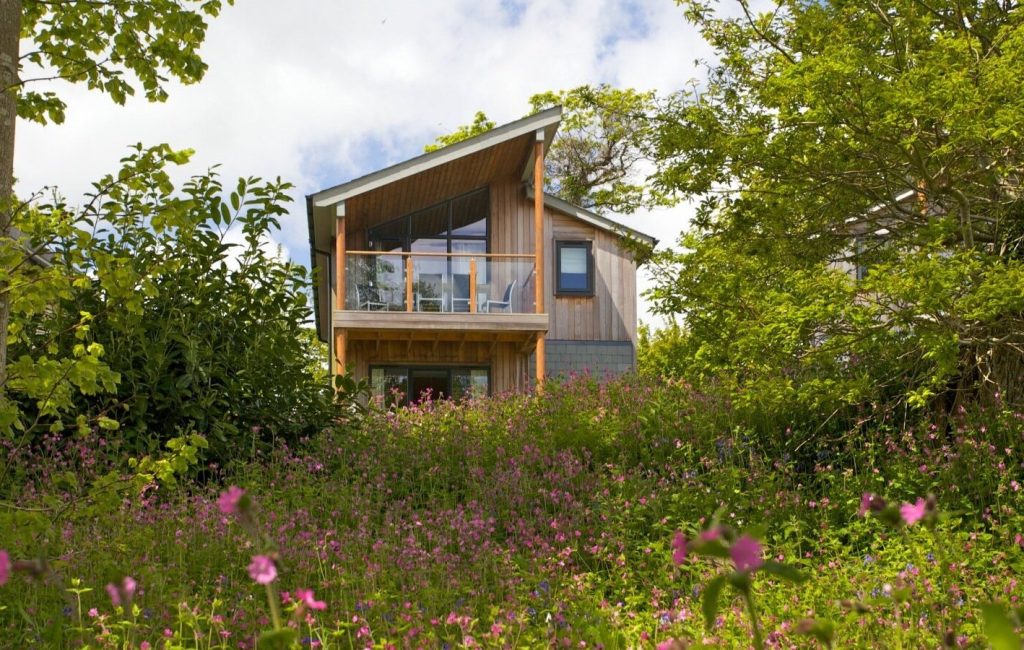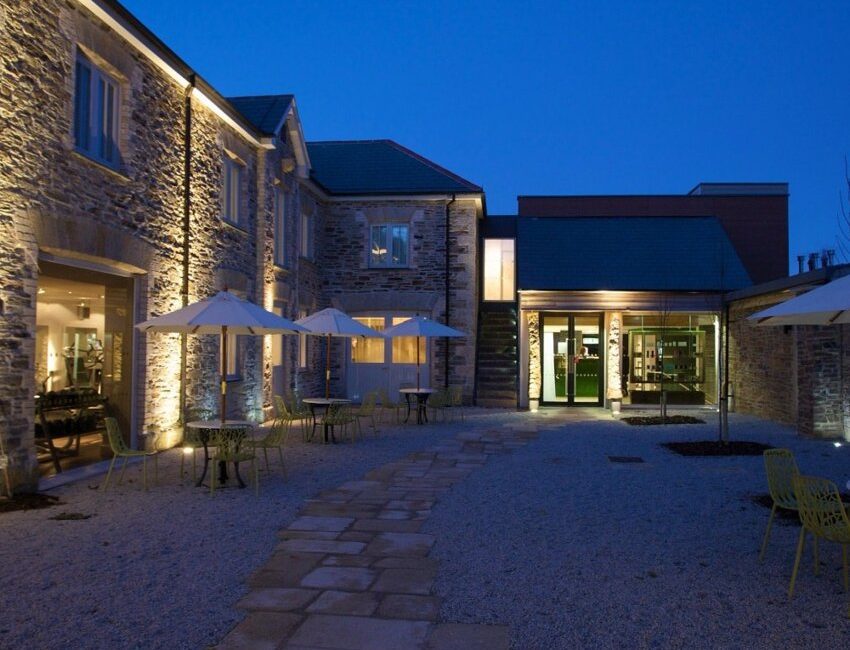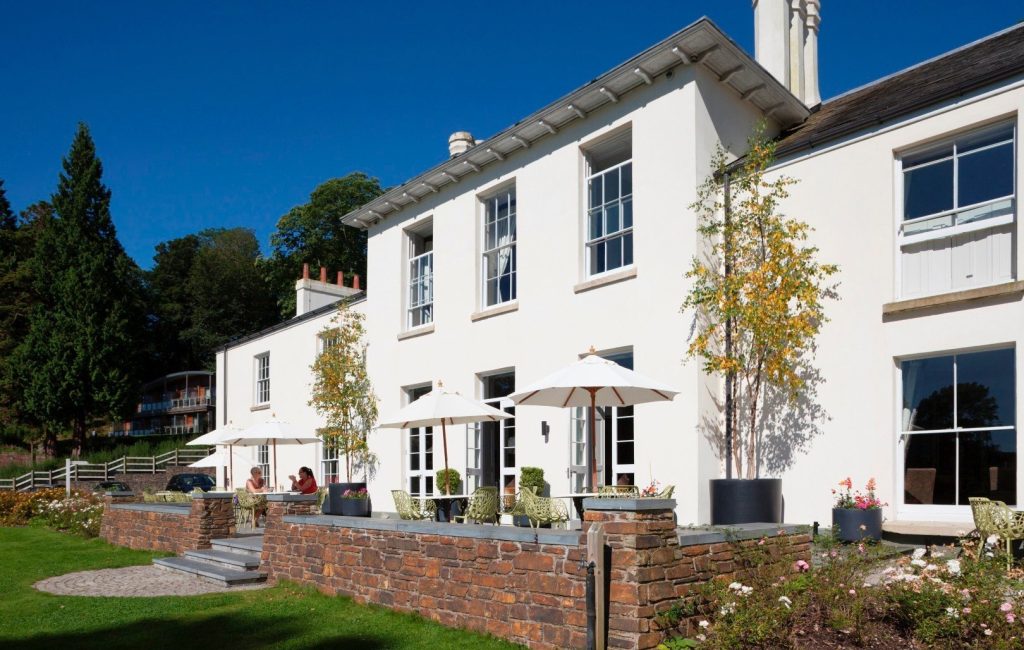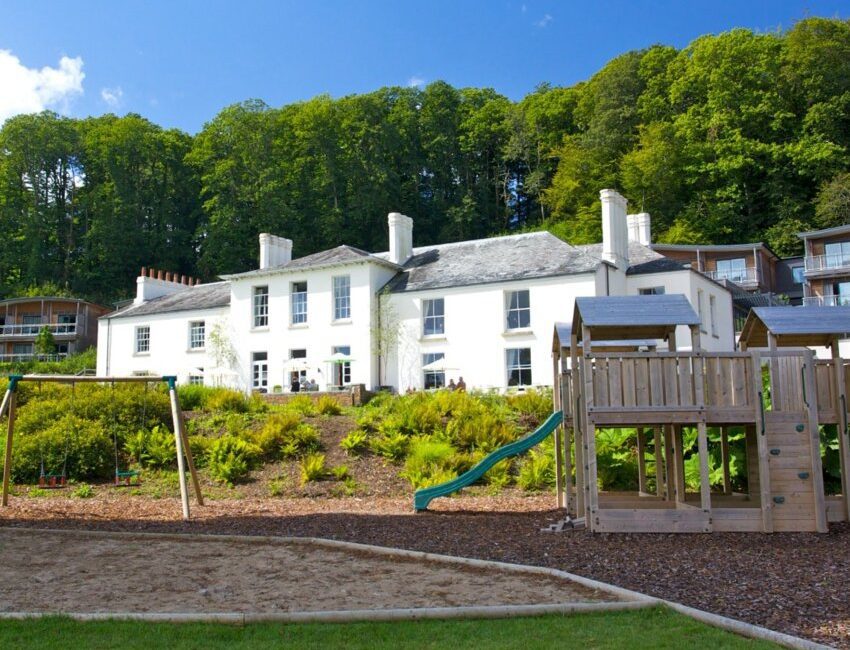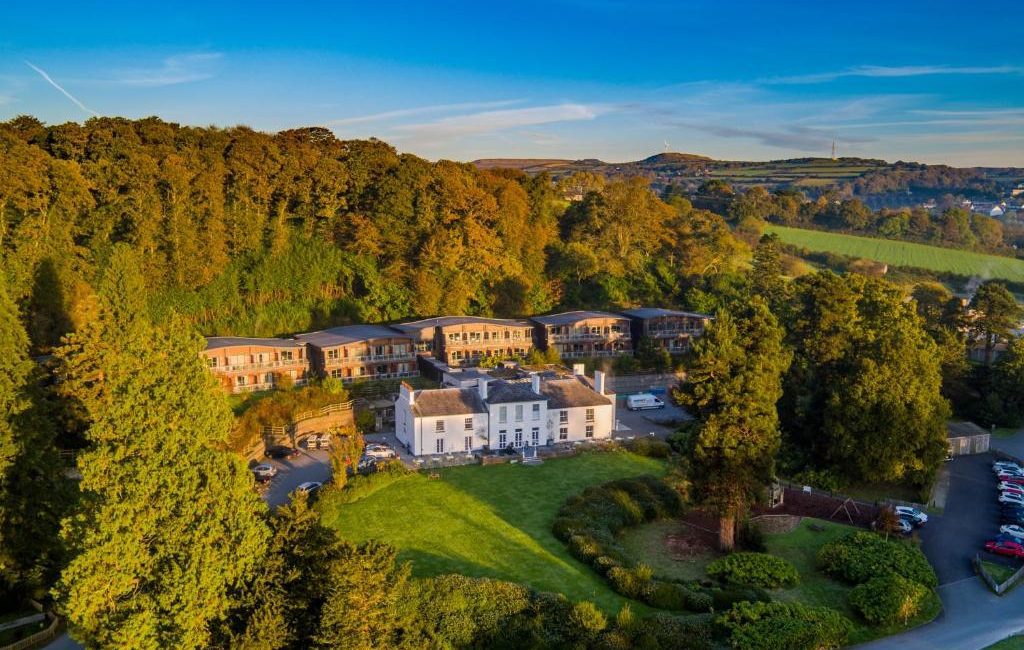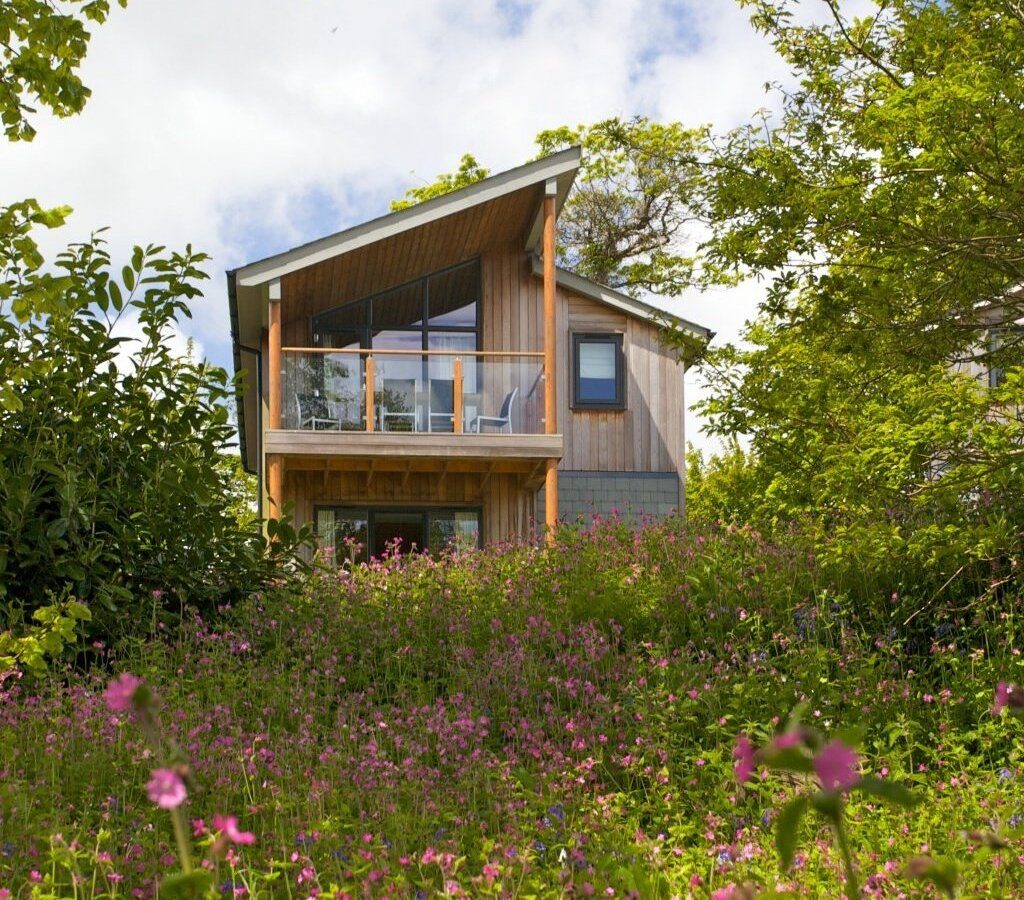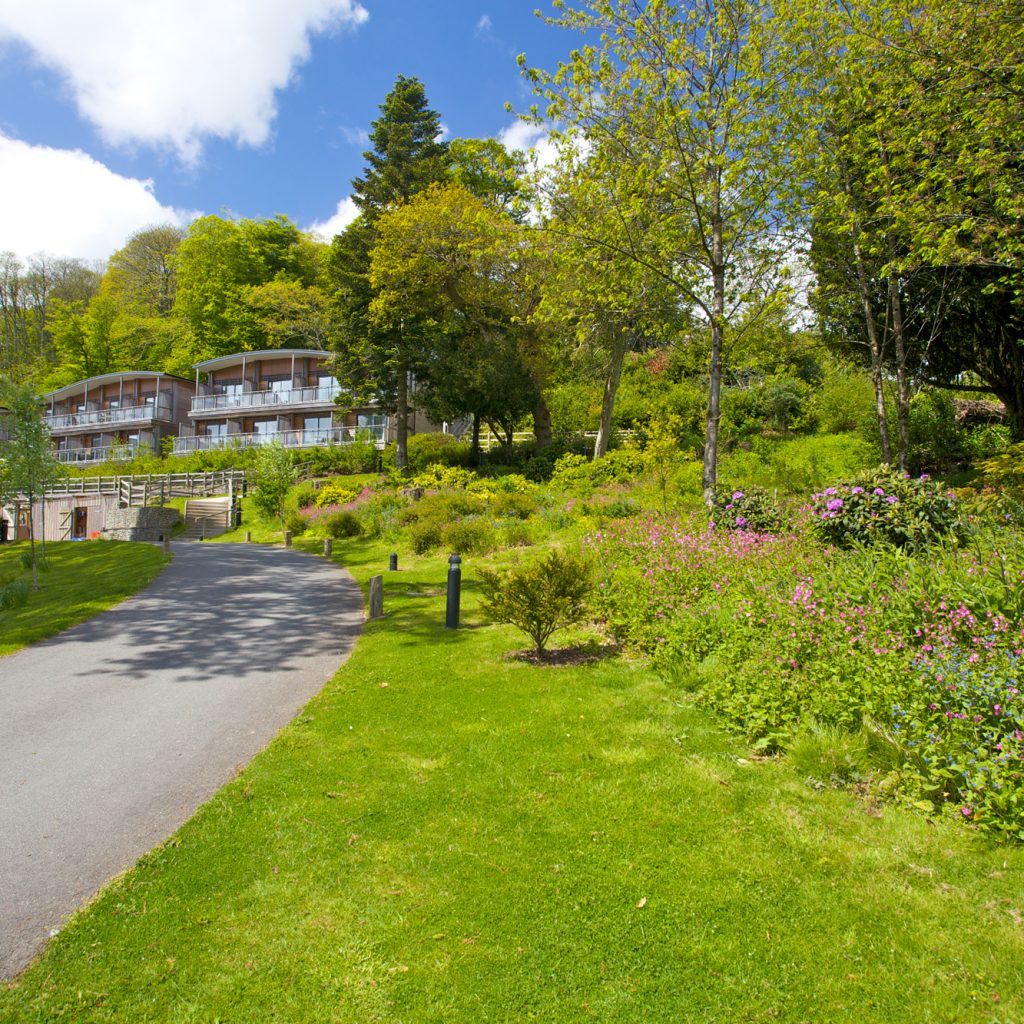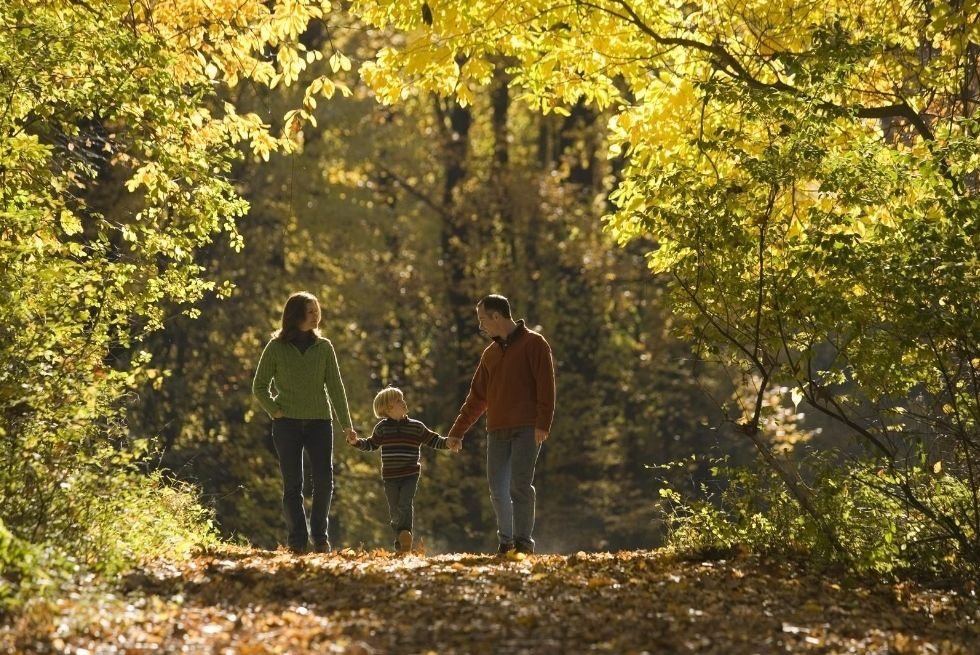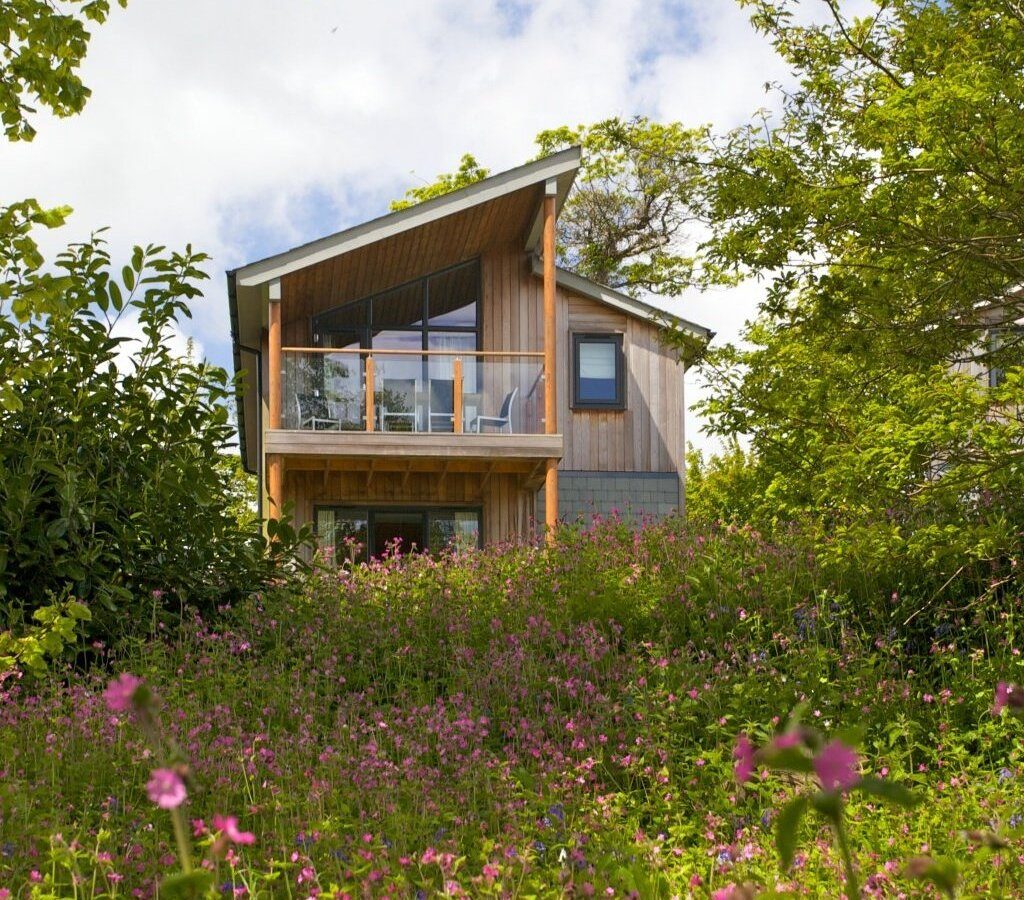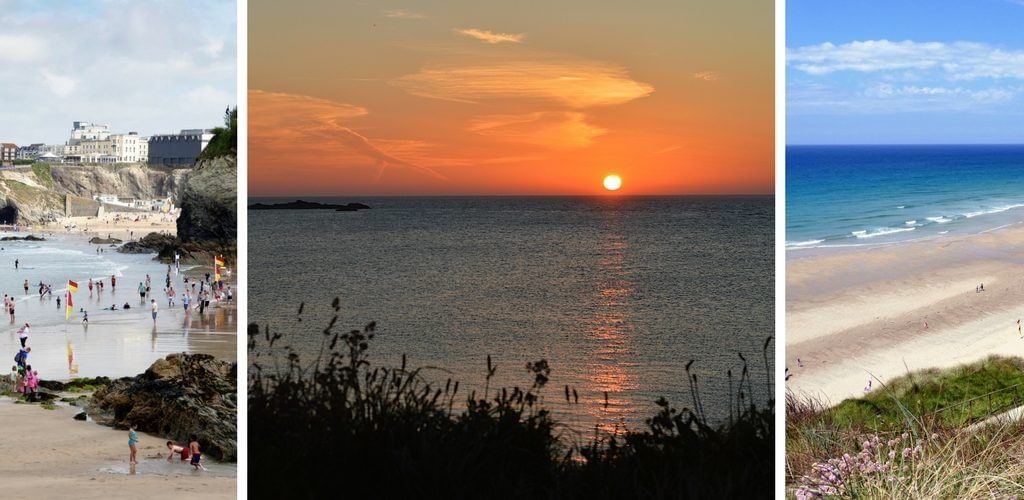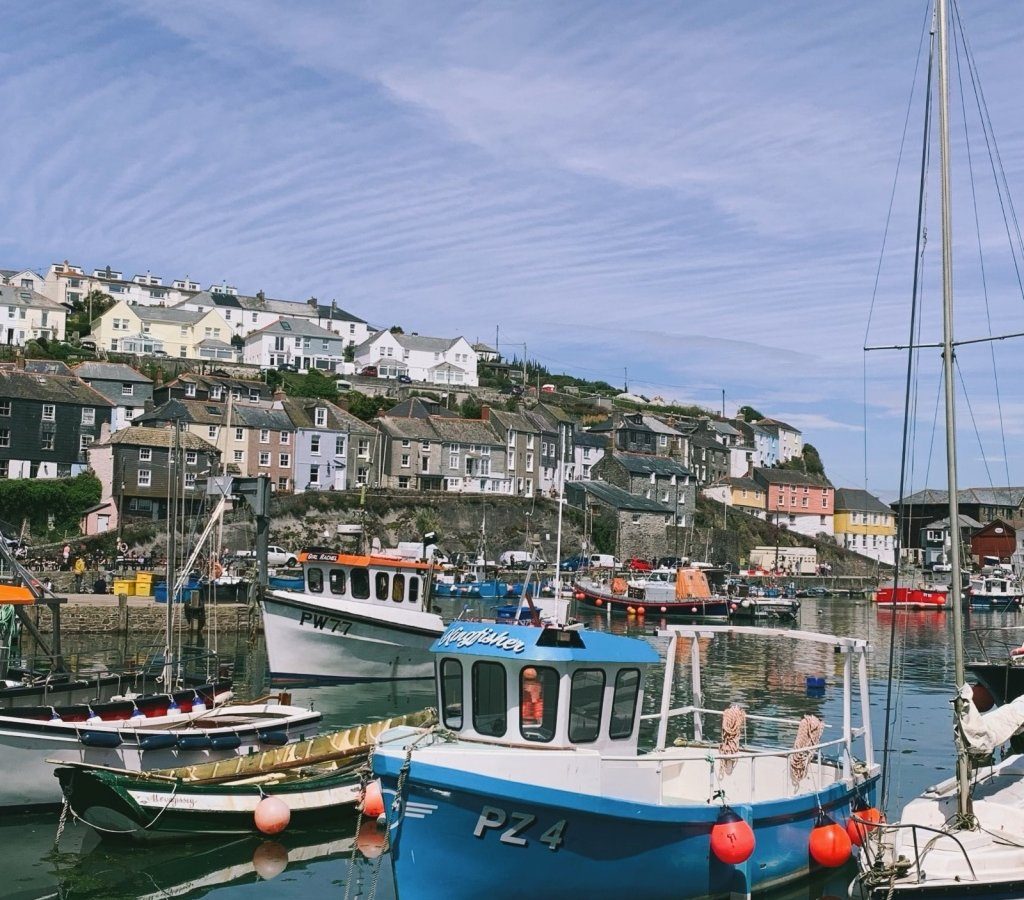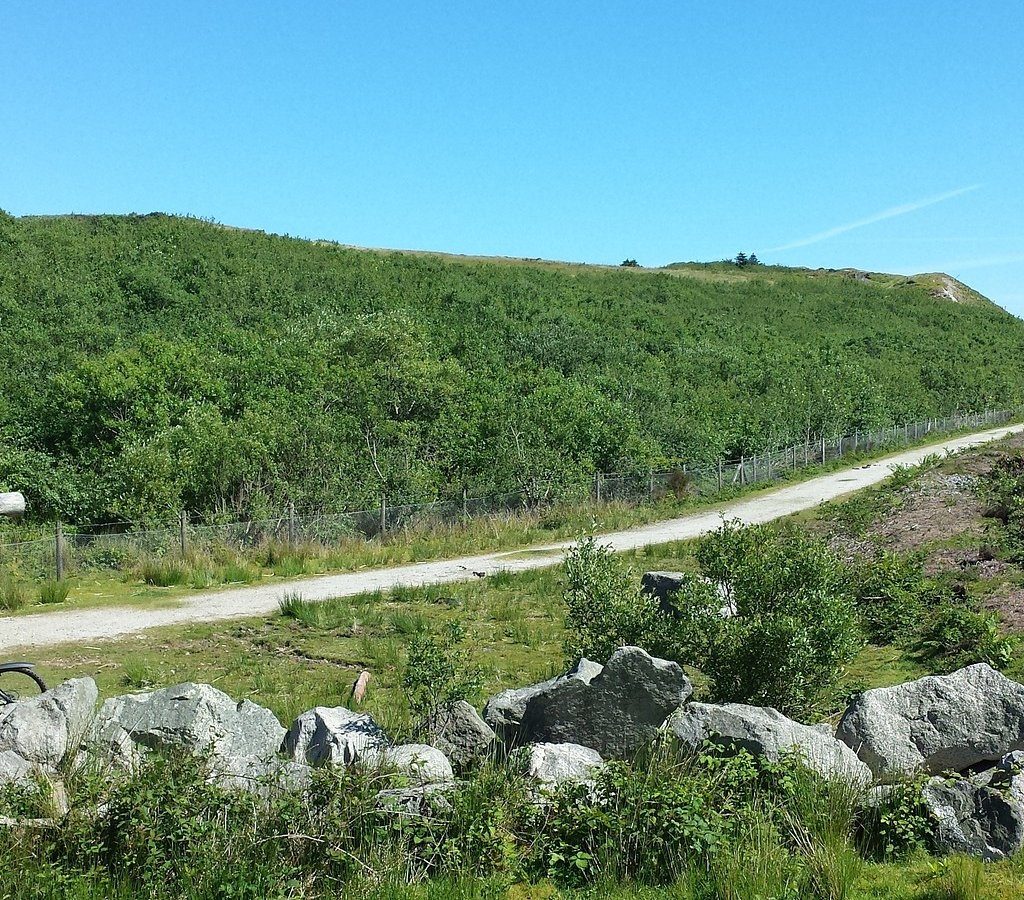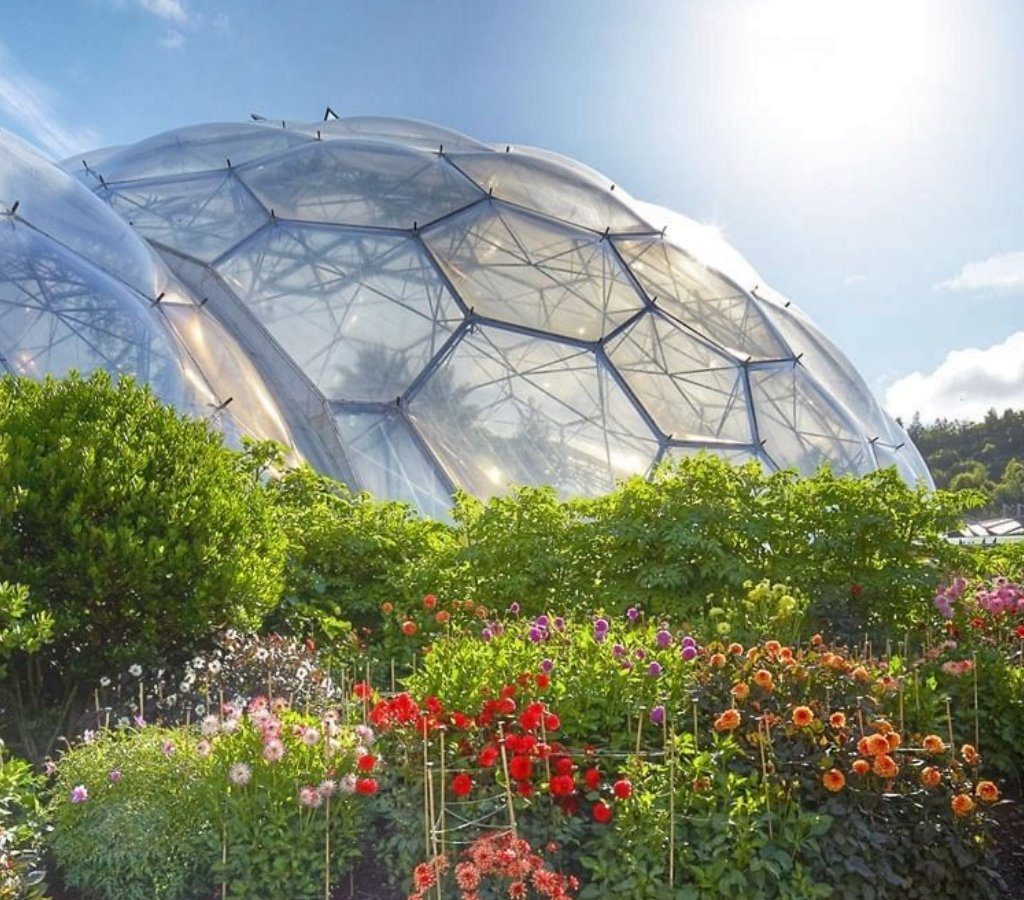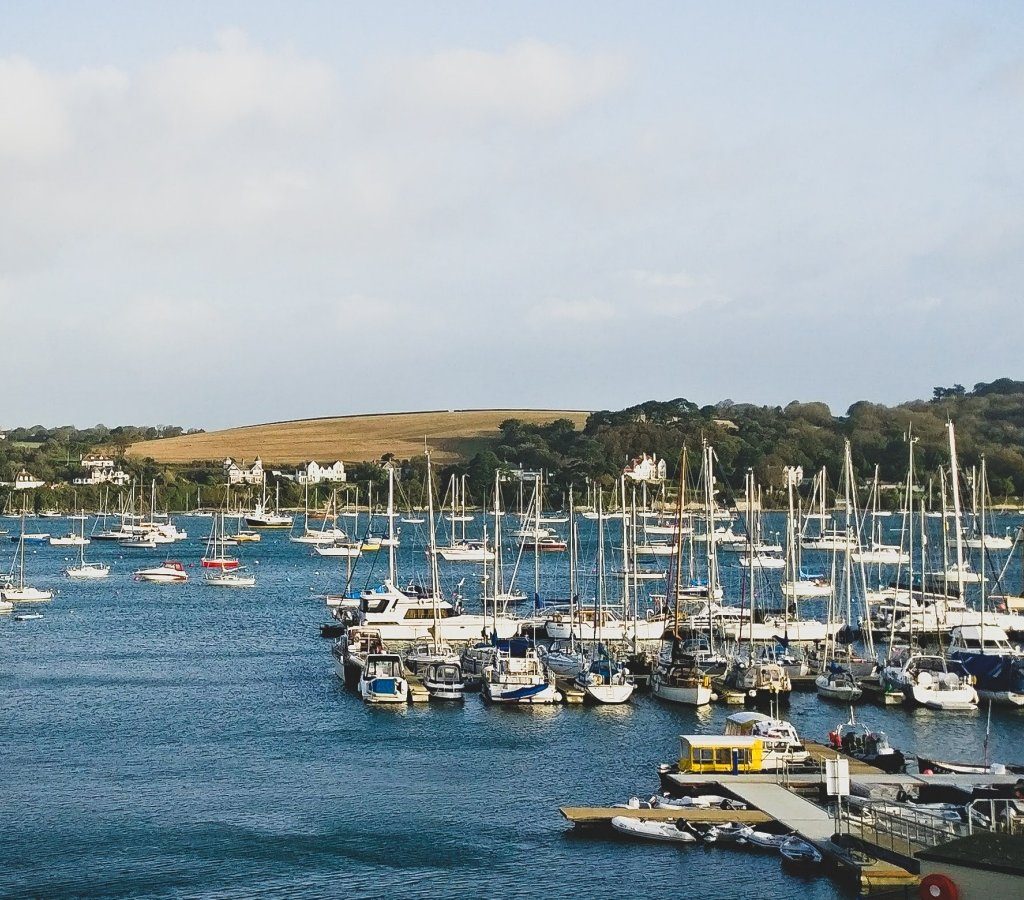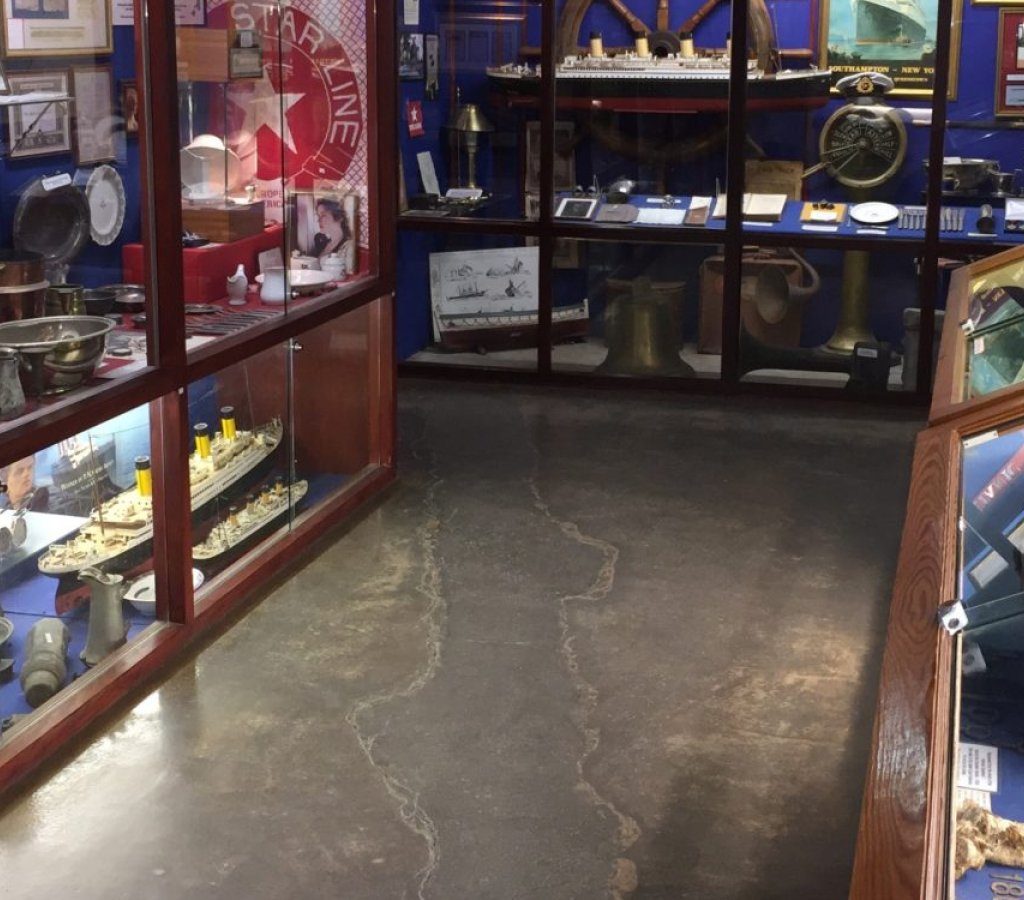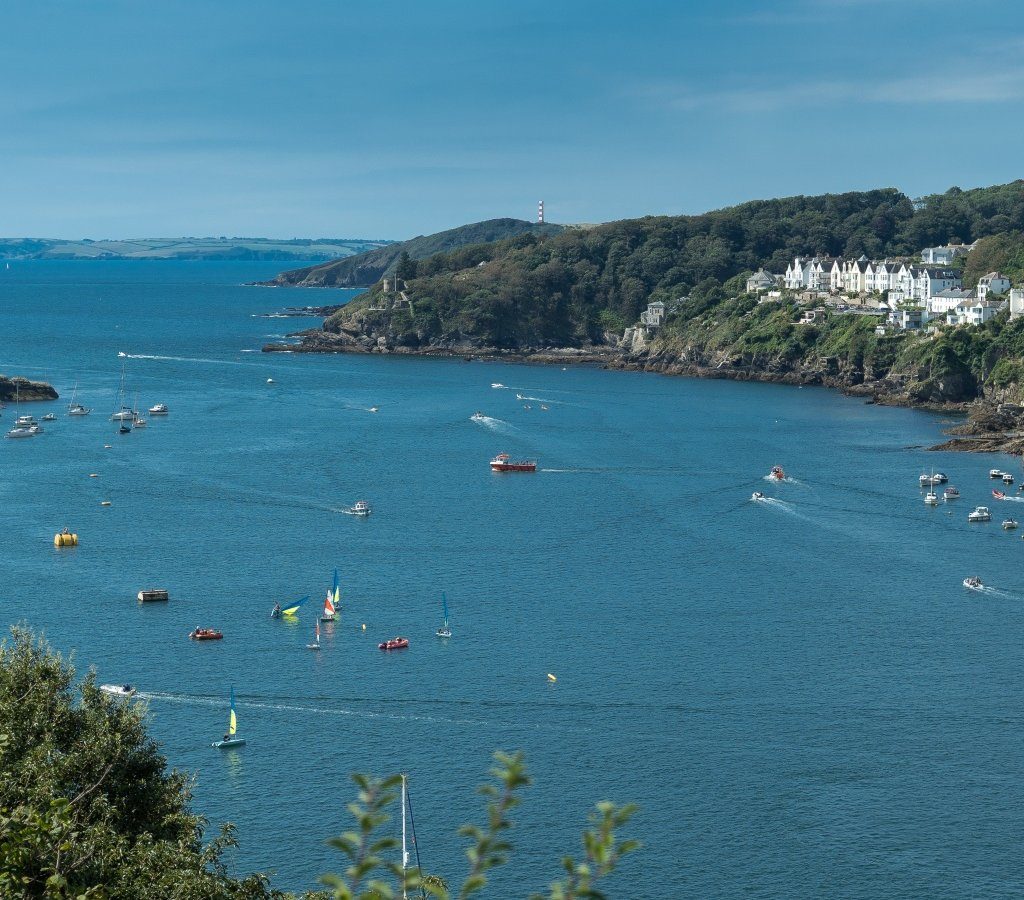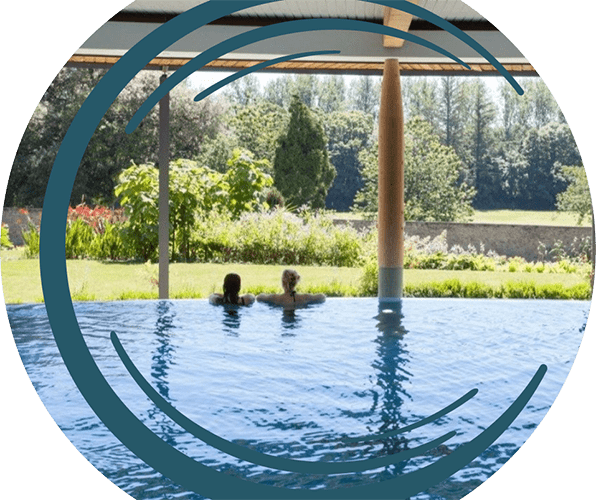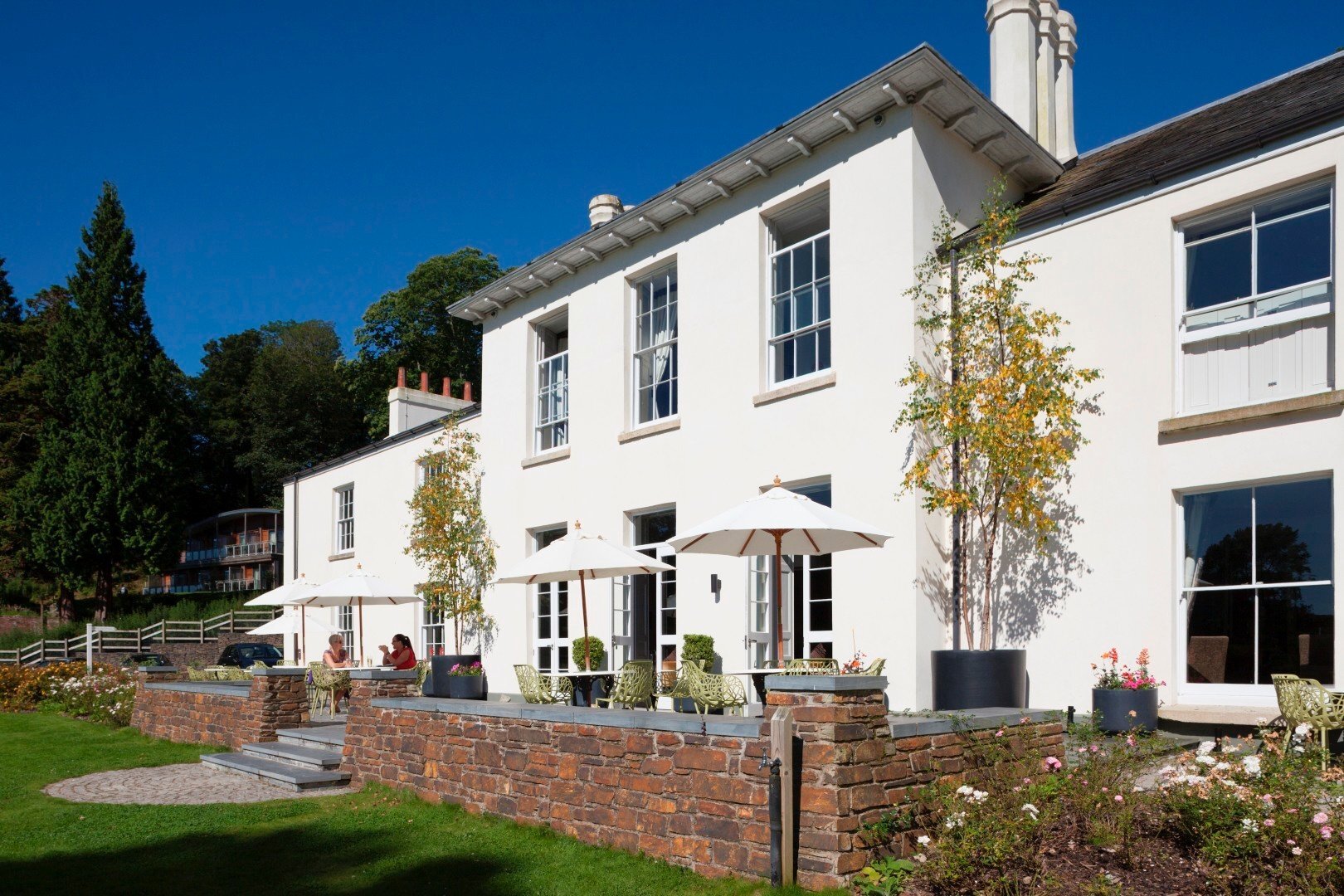

Explore Cornwall
Best rates when you book direct
About Cornwall


Kernow a’gas dynergh: welcome to Cornwall
You’ve picked an excellent place for your Cornish holiday (and we don’t just mean our fabulous hotel). At The Cornwall, you’re close to the coast, an easy drive or walk from some of Cornwall’s quaintest harbours, and on the doorstep of world-famous attractions.
Perfect Location

Excellent Holiday
Whether you’re here to visit the Eden Project and the lush gardens at Heligan or want to reconnect with nature on the coastal paths and woodland trails, you’ve found an excellent base. Whatever floats your holiday boat (including actual ships), you’ll find it in this beautiful part of Cornwall.
From windswept winter walks to long summer days on the beach, St Austell is an excellent place to stay at any time of year.

The Story Of The Cornwall

The Cornwall’s history reads like a mystery story…
In 1774, miners were streaming for tin on what’s now The Cornwall’s land. They found more than they were expecting when they struck a treasure hoard made up of a silver chalice, a scourge, a pin box, two rings, a brooch, various other gold ornamental pieces and fourteen coins.
This became known as “The Trewhiddle Hoard”., and the coins identified it as dating from around 875 AD. Over 1,000 years later in 1880, it was presented to the British Museum as one of the most important finds from this period. Why was such a valuable collection buried? It’s most likely that it was being hidden from Viking raiders, approaching Cornwall from the sea.
They say that half the treasure remains buried… Today’s younger guests can take part in Gwendolyn’s Treasure Trail (available from Reception).

A Magical Place

Glimpses into the Past
The trail is named after Gwendolyn Coode, who lived in what’s now the main hotel building. Her family bought the estate in 1819, and her father, local banker Edward Coode, had the house built in 1834. It originally had the surprisingly humble name of “Moor Cottage” (it was renamed The White House in the early 1900s). The Coode family owned the estate until 2002.
During the 2005-10 restoration of the buildings and land, The Cornwall’s team found other glimpses into the estate’s past. We uncovered a medieval wayside cross, a Victorian vinery and walled garden, and an old wine cellar – all of these have since been conserved.
News & Blog

What’s on in Cornwall & St Austell
Make time to relax, unwind and be pampered in The Cornwall Spa. Nestled among the trees in our St Austell estate, the Spa feels like a world away from everyday life. Whether your idea of me-time is a massage, a workout in the gym or an early morning swim, you’ll find what you need at The Cornwall Spa.
What our guests say


